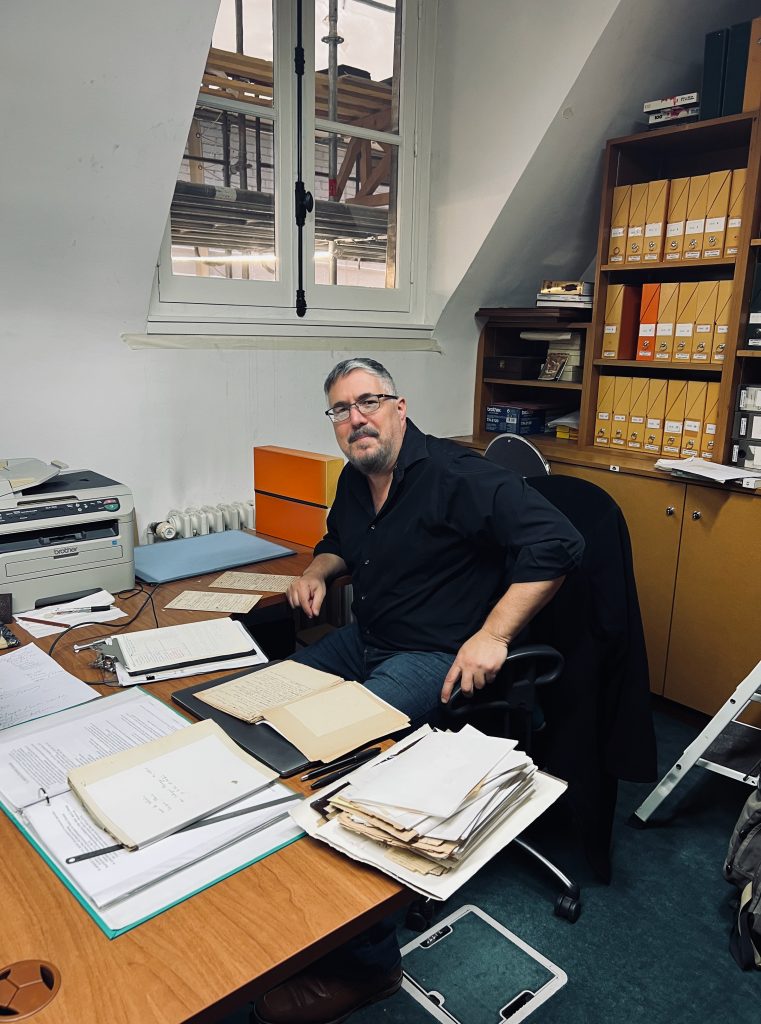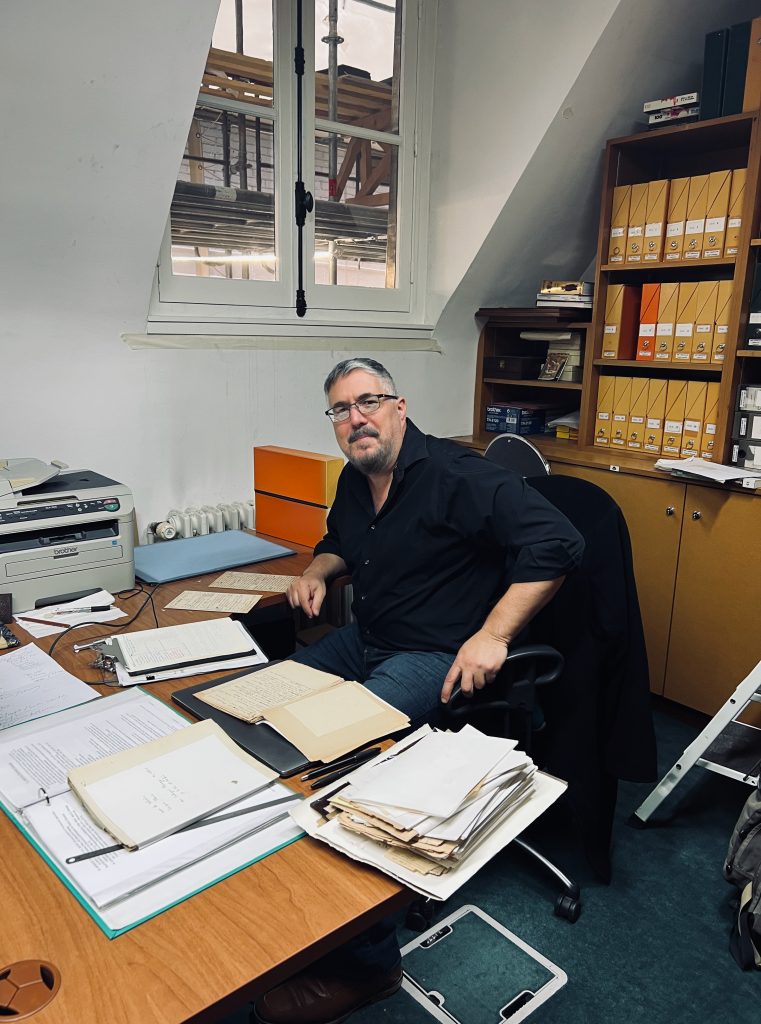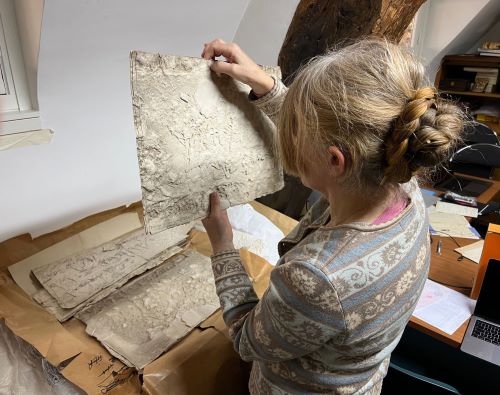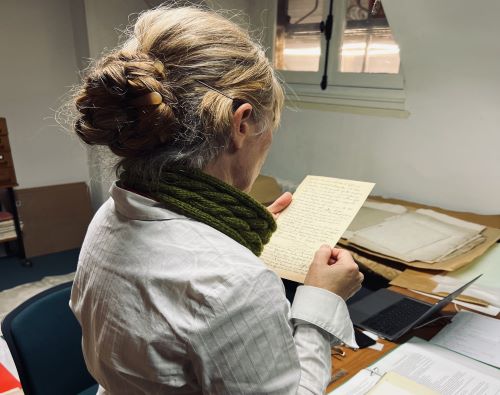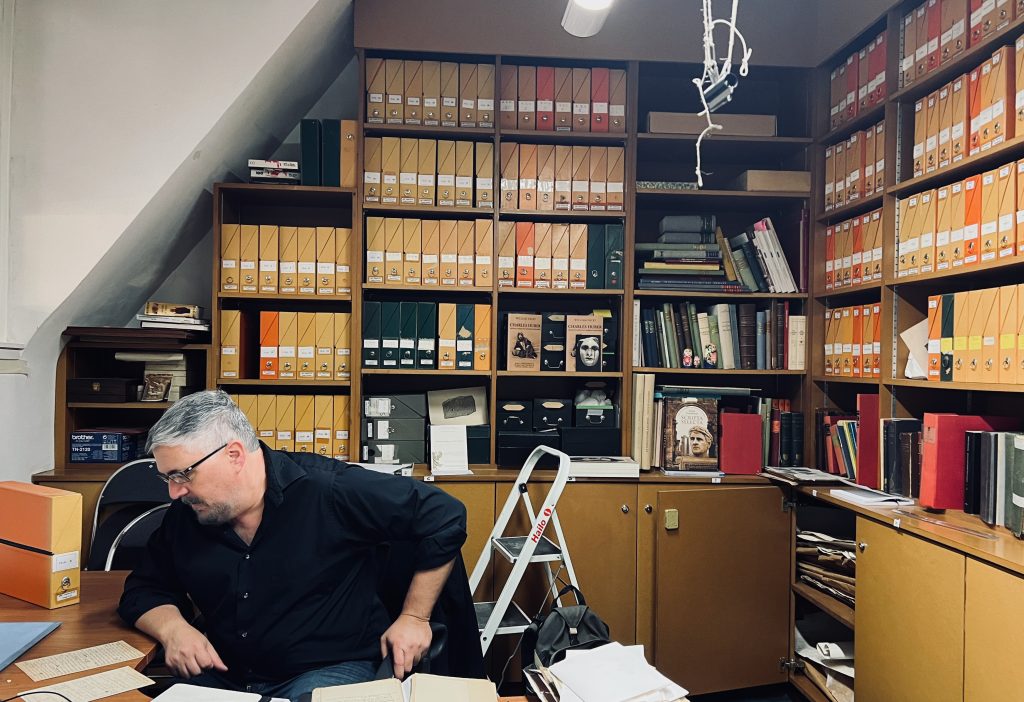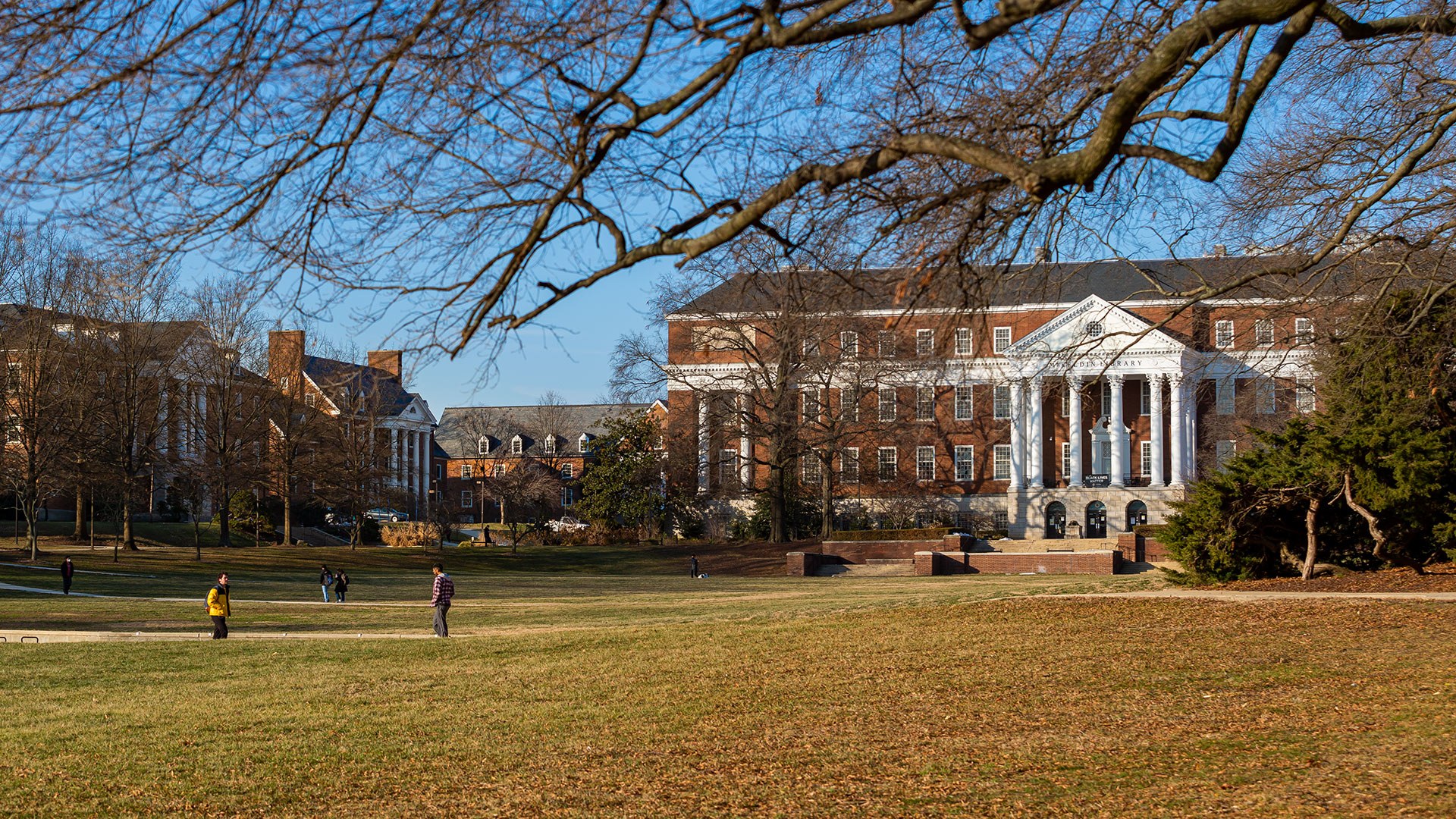By Ted Knight
What links Romania’s music heritage, historical approaches to the Rwandan genocide and politics in the “canal colonies” of Eastern Pakistan? Studies of each of these diverse topics—and 13 others—by University of Maryland faculty researchers will be funded by the Office of the Provost and Office of the Vice President for Research as part of this year’s Independent Scholarship, Research and Creativity Awards.
Launched in 2019, the program supports the professional advancement of faculty engaged in scholarly and creative pursuits that use historical, humanistic, interpretive or ethnographic approaches; explore aesthetic, ethical and cultural values and their roles in society; conduct critical or rhetorical analysis; engage in archival or field research; and develop or produce creative works.
Awardees are selected based on peer review of the quality of the proposed project, the degree to which the project will lead to the applicant’s professional advancement and the likely academic and societal influence of the project.
“This important program supports a wide variety of scholarly work that demonstrates the creativity, versatility and expertise of our faculty,” said Senior Vice President and Provost Jennifer King Rice. “We are particularly excited about this year’s awardees and the potential impact of these projects.”
In all, 51 proposals were submitted, representing eight schools and colleges across campus. The awards, worth up to $10,000 per project, support faculty and their research expenses.
“It is very exciting to see the high level of interest and engagement in this program from our faculty, as well as the diverse research topics represented in the applications that were submitted,” said Vice President for Research Gregory F. Ball.
This year’s award support the following work:
“Analyzing the Content of President Biden’s COVID-19 Twitter Communications,” a qualitative and narrative analysis by Hector Alcala, assistant professor in the Department of Behavioral and Community Health
“Eternity Made Tangible,” the fourth and final play of the National Parks Cycle by Jennifer Barclay, associate professor in the Department of Theatre, Dance, and Performance Studies
“Scoping Review of Interventions for African American Boys Who Experience Internalizing Symptoms,” a research study by Rabiatu Barrie, assistant professor in the Department of Family Science
“Sometimes the Light,” a hybrid work of fiction and nonfictional archival material by Maud Casey, professor in the Department of English
“The Marvelous Illusion: Morton Feldman's ‘The Viola in My Life 1-4,’” a book by Thomas DeLio, professor in the School of Music
“Punished in Plain Sight: Women’s Experiences on Probation in Maryland,” a qualitative research study by Rachel Ellis, assistant professor in the Department of Criminology and Criminal Justice
“Nile Nightshade: Tomatoes and the Making of Modern Egypt” a book by Anny Gaul, assistant professor in the School of Languages, Literatures, and Cultures
“How Can Participatory Budgeting Enhance the Voice of Underrepresented Minorities?”—a research study by Juan Martinez Guzman, assistant professor in the School of Public Policy
“A New Kind of Progressive: How Poles, Venezuelans, and Germans Reimagined Latin America,” a book by Piotr Kosicki, associate professor in the Department of History
“Slash: M/M Fan Fiction and the Politics of Fantasy,” a book by Alexis Lothian, associate professor in the Harriet Tubman Department of Women, Gender, and Sexuality Studies
“The Future of Rwanda's Past: History and Historians After Genocide,” a book by Erin Mosely, assistant professor in the Department of History
“Romanian Roots - A Digital Platform to Promote Romanian Music,” a multimedia research project by Irina Muresanu, associate professor in the School of Music
“Political Centralization in Pakistan’s Canal Colonies,” a research study by Cory Smith, assistant professor in the Department of Agricultural and Resource Economics
“Visualizing the Royal Steward's Inscriptions: From Jerusalem to London,” a laser scanning and photography project by Matthew Suriano, associate professor in the Meyerhoff Center for Jewish Studies
“Innovative Modeling to Preserve Architectural Heritage,” a restoration research project by Joseph Williams, assistant professor in the Architecture Program

